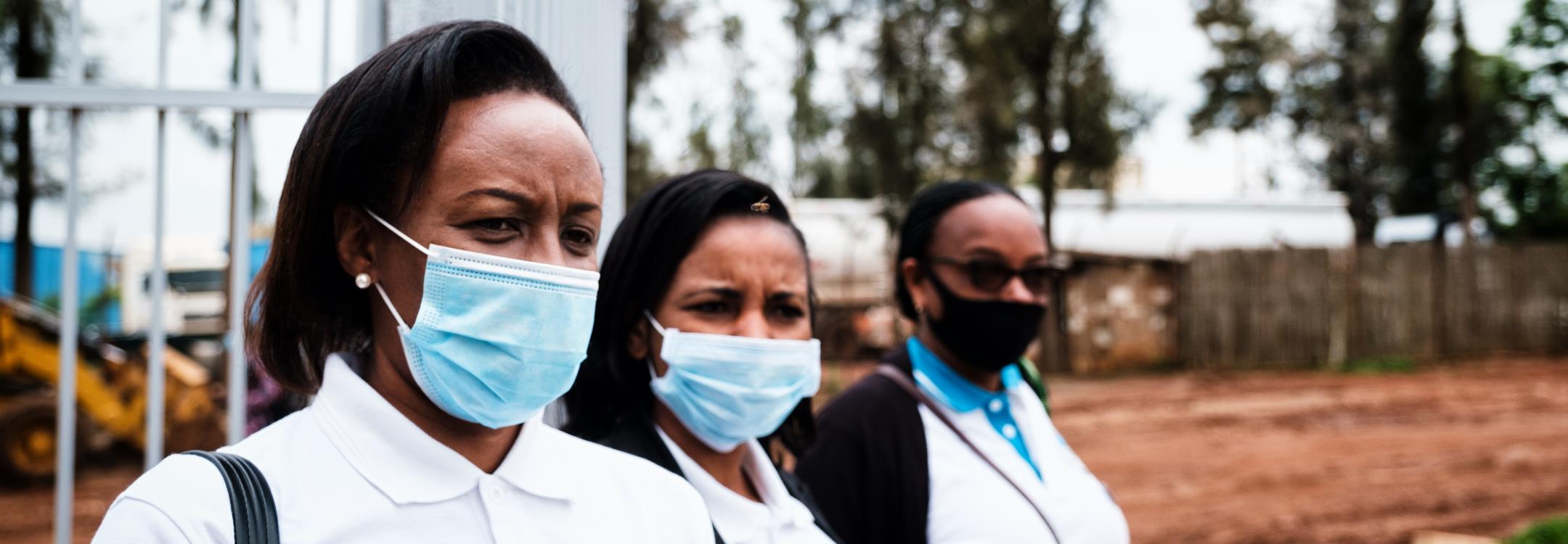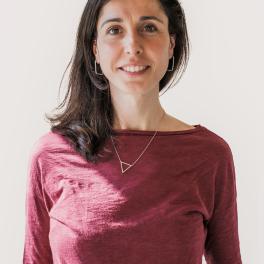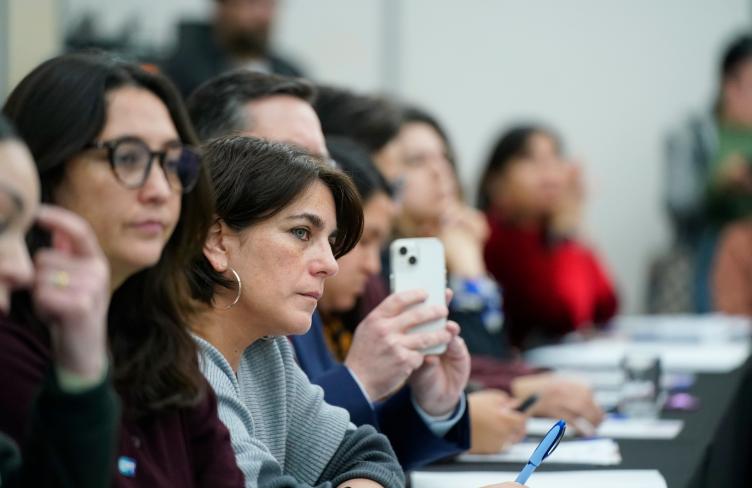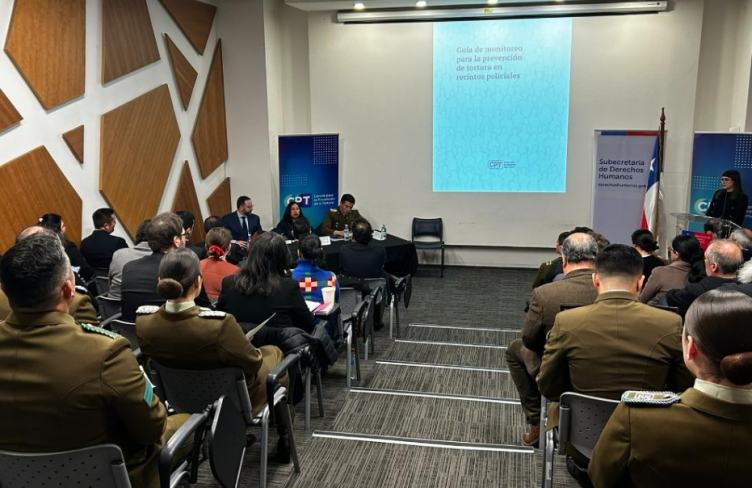
On International Women’s Day, the APT pays tribute to the courageous and committed work of women monitors across the globe to uphold the rights of persons deprived of liberty and counter violence, abuse and discrimination, especially for women.
Gender equality and non-discrimination are at the very heart of human rights and provide the foundation for fair and just societies. It is also vital for the effective work of detention monitoring bodies, including national preventive mechanisms (NPMs), national human rights institutions (NHRIs) and other oversight bodies.
The inclusion of women - in all their diversity - among members and staff of monitoring bodies, their access to equal work opportunities, and their full participation and leadership in all aspects of monitoring work is essential to ensure gender equality within these institutions. This is key to driving change for all persons deprived of liberty and to promote and protect the rights of women deprived of liberty.
On this International Women’s Day, we celebrate the many women who work every day, in all corners of the globe, for a torture-free world.
Ahead of International Women’s Day, we invited women monitors from the NPMs of Croatia, the Maldives, Paraguay and Togo, to share their experiences, as well as the opportunities and challenges they face in their day-to-day work.
All four women monitors made the same call: that investing in women and continuing to fight for gender equality are crucial for the fight against torture and ill-treatment.
“Humanity counts a lot on the abilities and potential of women. So I encourage women to love their work,” said Abra Mansa Eméfa Duiyiboe, Commissioner with Togo’s NPM.
“As a woman monitor, I pay attention to the sensitivities women deprived of liberty face and I am empathetic towards them.”
Despite the many strengths that women monitors bring to their work, they also continue to face barriers to gender equality, including discrimination in the workplace and unequal challenges in striking a work-life balance.
“The reality on the ground is that women are not treated the same way as men. There are subtle hints of discrediting female authority and there is this preconceived assumption that the NPM team is led by a man,” said Shifaath Razzaq, Commissioner with the Human Rights Commission of the Maldives.
Anica Tomšić, who is a member of Croatia’s NPM and is a member of the UN Subcommittee on Prevention of Torture, said women monitors “know the specific needs of women deprived of liberty, like their health needs and contact with family, and are persistent in solving problems”.
However, Ms Tomšić noted that women monitors often face health issues and caring responsibilities that men do not experience.
“So my message to the other women who are combating torture and ill-treatment is to remain strong and persistent, but at the same time, to not forget to take care about themselves and their health,” Ms Tomšić said.
Systemic challenges, such as corruption, impunity and criminal behaviour in prison systems, also pose a significant risk for women monitors. Sonia Von Lepel, Commissioner for Paraguay’s NPM, underlined the importance of fostering collective efforts to combat these risks.
“The only way to address this is to strengthen the networks of the different women in all the spheres…at the regional level and at the world level. There is no way that, individually and in isolation, we can continue to move forward, bringing light to these spaces and giving voice to those women who are affected in their freedom all over the world.”



